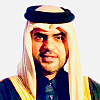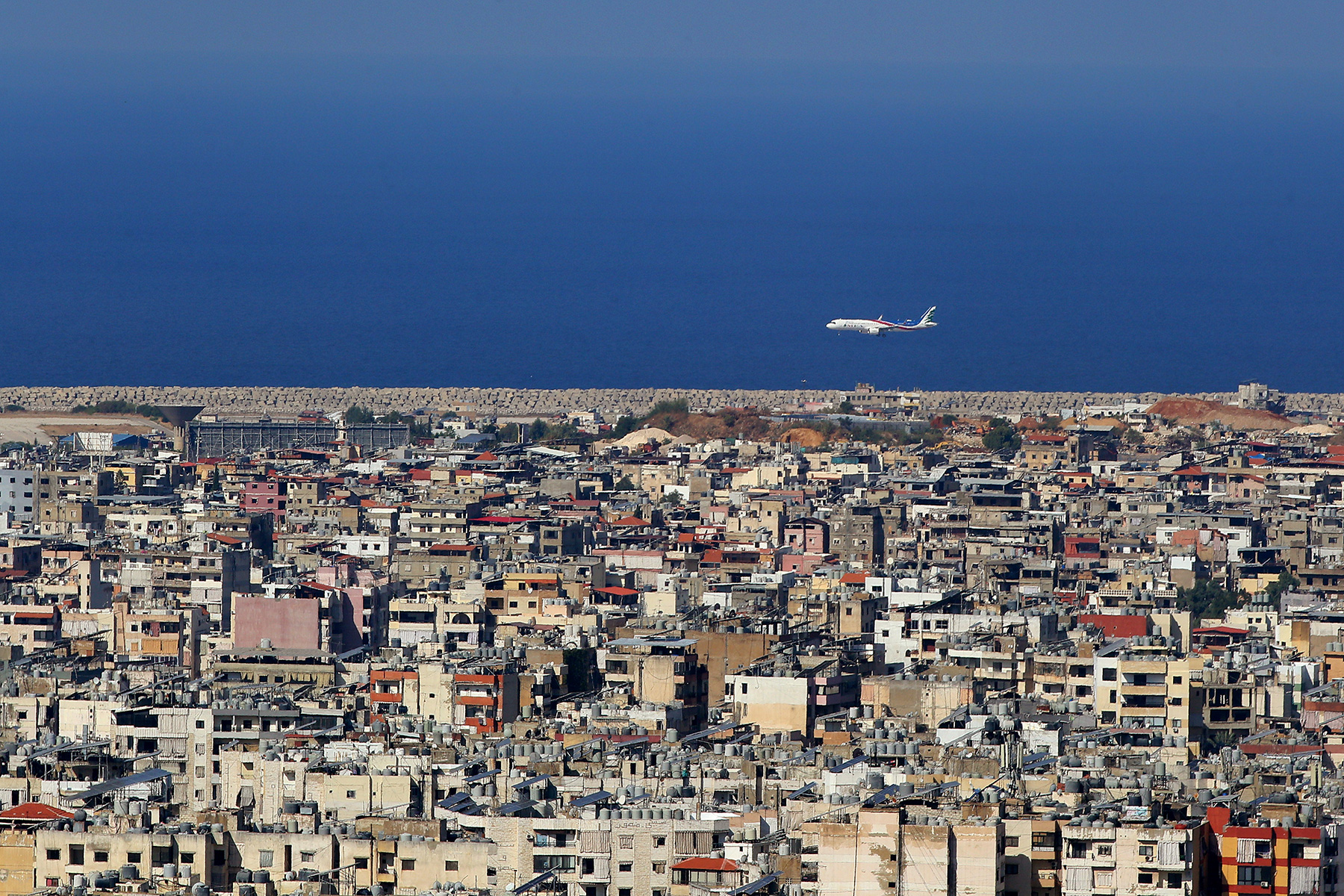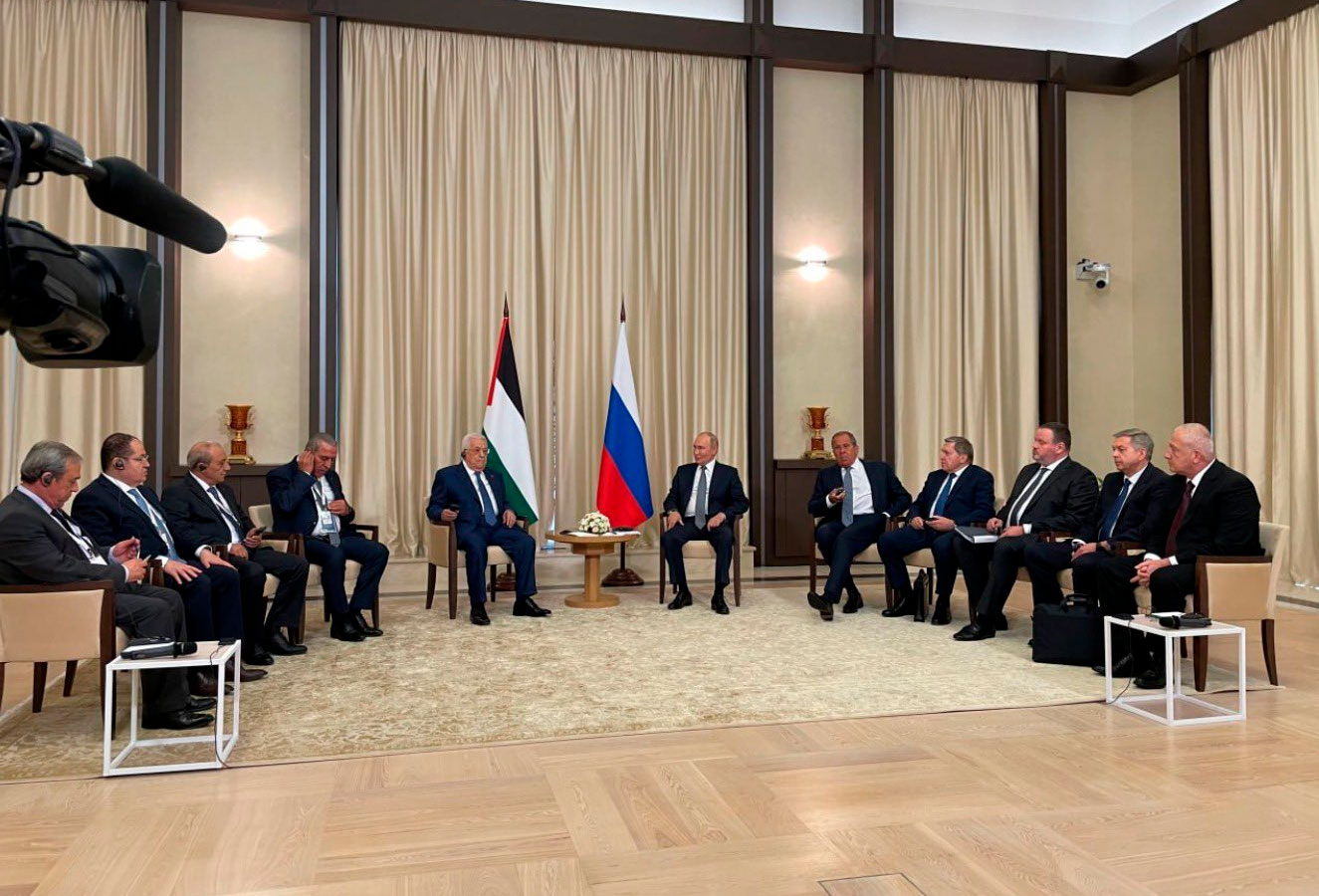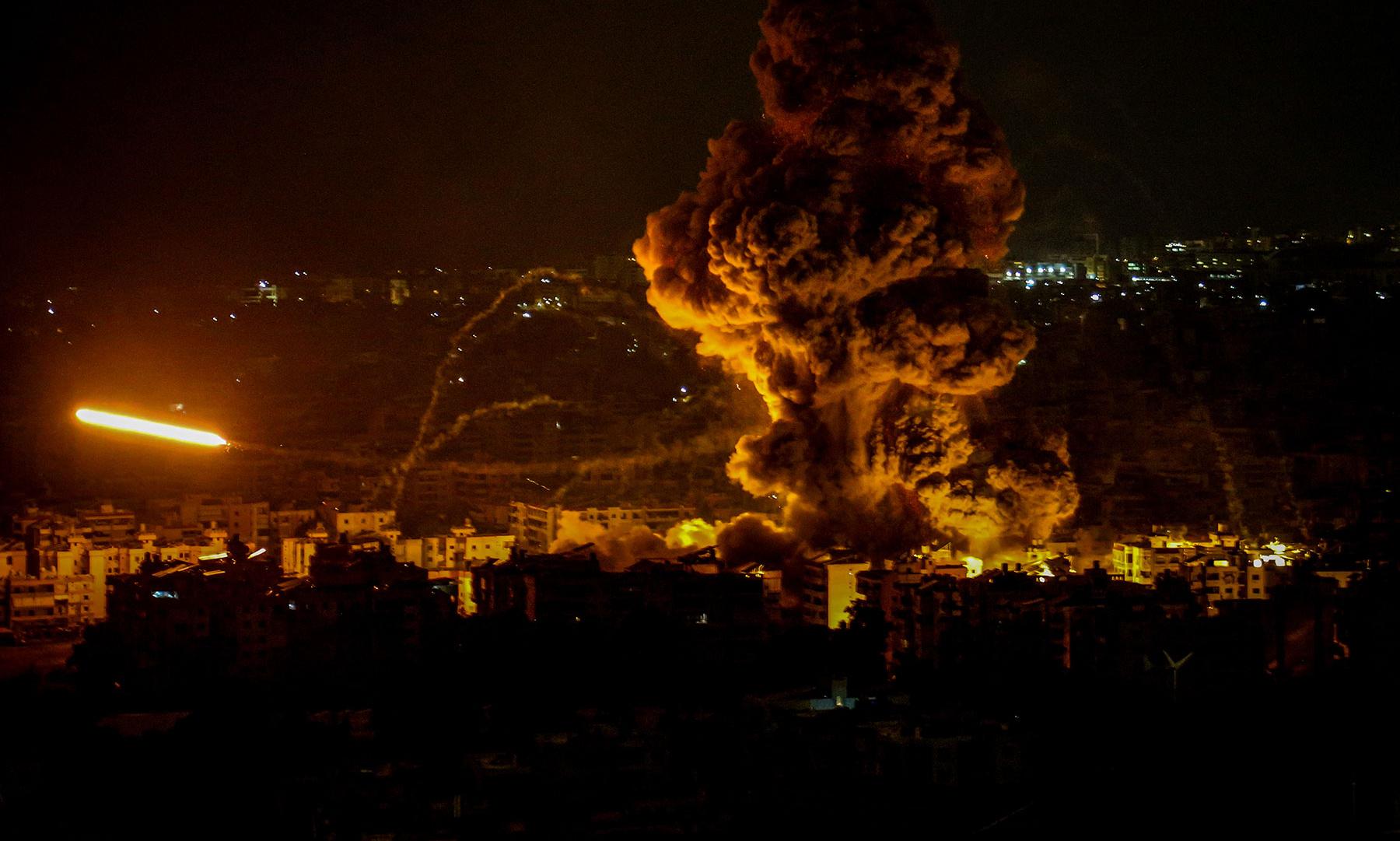On April 17, the Emir of Qatar, Sheikh Tamim bin Hamad Al Thani, is expected to visit Russia. This event underscores Qatar’s growing significance as an important player on the international stage—despite its modest geographic size, the country has long transcended the bounds of regional influence and confidently asserts itself in global politics and economics. In light of the upcoming talks, it is worth examining the path Qatar has taken and how it has become what it is today.
Qatar is a typical example of how a country with a small territory and relatively low population can take on an influential role in global politics. Thanks to its colossal reserves of natural gas and prudent resource management, the emirate has not only accumulated enormous capital but has also directed it towards domestic development and the enhancement of its international stature.
Before gaining independence, Qatar was under British control as part of the system of protectorates in the Persian Gulf. On September 3, 1971, the country officially became independent, choosing not to join the newly formed United Arab Emirates. This decision largely determined Qatar's sovereign and independent course of development.
In the early years of independence, Qatar remained a traditional state with a rather conservative domestic policy and limited foreign policy presence. However, everything changed in 1995, when Sheikh Hamad bin Khalifa Al Thani came to power following a bloodless palace coup. From that moment, the country began its active transformation.
Sheikh Hamad carried out large-scale reforms aimed at modernizing the economy, developing social infrastructure, and increasing Qatar's role on the world stage. Special attention was paid to education (including the establishment of a branch of the U.S. Georgetown University in Doha), healthcare, science, and high technology. The national strategy Qatar National Vision 2030 became a roadmap for sustainable development and economic diversification, preparing the country for a post-oil and gas future. In 2013, Sheikh Hamad was succeeded by his son, Tamim bin Hamad Al Thani, who continued his father’s policies, while placing greater emphasis on the digital economy, international investments, and social sustainability.
Thanks to its enormous reserves of natural resources, Qatar holds leading positions in the global energy market. In terms of proven fossil fuel reserves, the country ranks among the world’s top energy producers: 13th in oil and 3rd in natural gas. In 2024, proven oil reserves in tons of oil equivalent accounted for 13.8%, while natural gas made up 86.2% of the country’s total energy reserves.
According to data from 2021, Qatar’s proven oil reserves amounted to 25.2 billion barrels, which, at the current level of extraction, could last for approximately 30 more years. However, the country’s key energy resource remains natural gas. In 2021, proven reserves of natural gas reached 842.6 trillion cubic feet—a volume sufficient, at the current extraction rate, to last approximately 140 years. This makes Qatar one of the most important long-term players in the global gas market.
Strategic infrastructure development and international contracts have enabled Qatar to become one of the largest—and by some metrics, the leading—exporters of liquefied natural gas (LNG) in the world. The state-owned company QatarEnergy (formerly Qatar Petroleum) controls the entire production cycle—from extraction to export—ensuring supply stability and high product quality. Qatar actively exports LNG to Europe, Asia, and other regions, playing an important role in ensuring the energy security of its partner countries.
Revenues from natural gas exports have laid the foundation for Qatar’s transformation from a traditional oil-and-gas state into a high-tech and infrastructurally developed nation. Large-scale projects—such as the smart city of Lusail, the automated metro in Doha, Hamad International Airport, and the digitization of government services—demonstrate the country's ambitions to become the Middle East’s innovation hub.
Small but Mighty: Qatar as a Small Power
Qatar is a striking example of how a small power can play an influential role in international affairs, skillfully balancing the interests of both regional and global actors. Geographically compact, with a population of just over two and a half million people, Qatar has, over the past three decades, built a foreign policy strategy that has allowed it to become a prominent mediator in international conflicts, a reliable partner for major powers, and a host of key global events. Its ambitions are supported not only by substantial economic resources, primarily based on liquefied natural gas (LNG) exports, but also by a well-designed diplomatic toolkit.
As one of the world’s largest LNG exporters, Qatar conducts its foreign policy through the lens of promoting regional and global stability. This approach serves several purposes: protecting energy routes such as the Strait of Hormuz, attracting long-term investments, maintaining steady demand for its energy resources, and strengthening its sovereignty in the face of pressure from larger neighbors. For this reason, Doha is actively involved in diplomatic processes and conflict resolution in various parts of the world—from the Middle East to Africa and Eastern Europe.
Qatar places particular emphasis on mediation. In recent years, it has become a key intermediary in negotiations between the United States and the Taliban, culminating in the signing of a historic agreement in 2020. Its role has been recognized as critically important in the prisoner exchange process between Iran and the U.S., as well as in facilitating secret talks between Washington and Caracas, which helped ease sanctions pressure temporarily. Since 2022, Qatar has also played an important role in the peace process in Chad, where, following negotiations in Doha, 40 opposition groups agreed on a roadmap for national dialogue. In the fall of 2023, Doha hosted a unique humanitarian agreement between Russia and Ukraine: with Qatar acting as mediator, the repatriation of Ukrainian children deported to Russia was organized—a pilot project for a potentially larger repatriation initiative.
However, the most high-profile and symbolically significant example of Qatar’s mediation was in the conflict between Israel and Hamas. The ceasefire between the parties in November 2023, which included mutual releases of prisoners and hostages, was made possible largely thanks to Doha’s active involvement. U.S. President Joe Biden called Qatar a “critically important partner” in the negotiations, underscoring the high level of trust the West places in the emirate. At the same time, Qatar is unafraid to take principled positions: while it did not support Hamas’s attack on October 7, it openly accused Israel of violating international humanitarian law. Its investments in Gaza’s reconstruction—nearly $1 billion over the past 18 years—were channeled through Israeli banks and under full Israeli oversight, once again demonstrating its ability to build trust even between antagonistic sides.
Qatar has managed to transform itself into a venue where actors with antagonistic relationships can coexist under one roof: in Doha, offices of Hamas, the Taliban (a designated terrorist organization), the Al Jazeera television network, and simultaneously, the United States Central Command (CENTCOM) are all located. These contacts are not an expression of ideological alignment but reflect Qatar’s pragmatic approach: such offices operate strictly within agreed-upon terms, with bans on funding or military involvement, and exist solely within the context of dialogue and political resolution.
The 2017 blockade of Qatar by its neighbors—Saudi Arabia, the UAE, Bahrain, and Egypt—made the emirate itself the subject of international mediation. Yet even during this period, the country did not turn inward. On the contrary, it used diplomatic engagement as a tool to resist isolation. Moreover, Qatar maintained its ties with the U.S. and European nations, continued to invest in international projects, and strengthened its relationships with Turkey and Iran—demonstrating its ability to act independently of pressure from more powerful regional players.
Institutions also play a key role in shaping Qatar’s image as a global mediator. The Ministry of Foreign Affairs and the Amiri Diwan (the Emir’s office) possess exceptional flexibility and autonomy in decision-making. Since 2016, the position of Special Envoy for Mediation and Counterterrorism has been introduced, along with a training program for young diplomats and mediators. Additionally, international events organized in Qatar—such as the annual Doha Forum—serve as platforms for dialogue among world leaders, experts, and civil society representatives, helping solidify the country’s status as a center of global diplomacy.
The announcement of a ceasefire between the Democratic Republic of the Congo and Rwanda, made in Doha in 2025, was another confirmation of the emirate’s global ambitions. Although the conflict in eastern DRC is far from over, Qatar’s involvement in the process signals its intent to expand its geographical influence and position itself as a universal mediator—not only in the Arab or Muslim world, but also in Africa.
One of Qatar’s key soft power tools is the media holding Al Jazeera, founded in 1996. The channel quickly became a major informational player in the Arab world and beyond, offering an alternative narrative compared to the state-run media of other countries in the region. Thanks to its high journalistic standards, coverage of sensitive issues, and criticism of both Western and Middle Eastern governments, Al Jazeera helped shape Qatar’s image as a state open to dialogue and freedom of expression. Despite criticism and accusations of bias—particularly during the Arab Spring—the channel remains a powerful instrument for influencing public opinion, enhancing Qatar’s diplomatic standing, and increasing its significance in the eyes of the international community.
Another important element of Qatar’s soft power is the Qatar Foundation, established in 1995 by Sheikha Moza bint Nasser, the mother of the current Emir. This organization plays a vital role in the development of education, science, and culture both within the country and abroad. Through initiatives like Education City, which hosts branches of leading Western universities in Doha, Qatar promotes its image as an intellectual and innovative hub of the Middle East. Additionally, the foundation’s grants, scholarships, and research initiatives help strengthen international connections and foster a positive perception of the country among future leaders worldwide.
Thus, both Al Jazeera and the Qatar Foundation serve as strategic channels of cultural and ideological influence that complement Qatar’s official diplomacy and expand its global presence. In this way, Qatar represents a unique phenomenon: a small state that, through strategic flexibility, economic resources, and thoughtful diplomacy, has integrated itself into global processes as an independent and respected actor. Its foreign policy is an example of successfully combining pragmatism, a humanitarian approach, and a long-term vision focused on stability, dialogue, and national security.
Moscow and Doha: On the Path Towards a Just World Order
Contemporary relations between Russia and Qatar represent a strategic rapprochement, driven not only by pragmatic foreign policy approaches but also by shared views on key global issues. In the past, Qatar was portrayed in Russian foreign policy rhetoric as a country with a pronounced pro-Western orientation and close alignment with U.S. interests. However, in the 21st century, Doha's foreign policy has become increasingly independent and multi-vector. As a global energy hub and active mediator in a number of international conflicts, Qatar has increasingly emerged as a sovereign actor, forming its own agenda aimed at balancing interests among various global power centers. In this context, Russia has come to view Qatar not as a rival or a passive ally of Washington, but as an independent and important partner capable of engaging in productive political, economic, and humanitarian dialogue.
It is particularly noteworthy that Qatar did not join in on the Western sanctions against Russia, despite pressure from its traditional partners. Doha chose a position of neutrality, in line with its long-term foreign policy principle of maintaining dialogue with all sides involved in global processes. Qatar’s diplomacy, traditionally focused on dialogue even between irreconcilable opponents, enabled Doha to act as a mediator on sensitive issues such as the humanitarian exchange between Russia and Ukraine. One of the most striking examples was the reunification of children with their families in March 2025—a ceremony held at the Qatari Embassy in Moscow. In total, 100 children were handed over to the Ukrainian side and 20 to the Russian side. Additionally, Russia returned five Ukrainian children under this initiative. Qatari Ambassador Ahmed bin Nasser Al Thani and representatives from the office of the Russian Children's Rights Commissioner emphasized the importance of this humanitarian channel, which became possible solely due to the mutual trust both sides place in Doha’s role as a mediator.
Economic cooperation is also becoming increasingly stable. Despite a relatively modest trade turnover (around $91 million in 2023), trade dynamics are positive, and the potential for expanded cooperation is vast. Qatari investment funds play a key role in the development of economic ties through participation in major Russian projects. The most prominent example was Qatar Investment Authority’s acquisition of a stake in Rosneft in 2016. In addition, logistics and infrastructure projects are being actively discussed, including the possible inclusion of Qatar in the North–South Transport Corridor. Here, Qatar could leverage its strategic geographic position as a connecting hub between Russia, Iran, South Asia, and the Gulf countries.
One of the most symbolic steps in bringing the two countries closer was Qatar’s participation as a guest country at the St. Petersburg International Economic Forum (SPIEF) in 2021. Qatar's delegation was one of the largest in the forum’s history, comprising over 50 public and private organizations, including ministries, corporations, educational institutions, and healthcare providers. Topics discussed during the forums and panel sessions included cooperation in medicine, education, high technology, and sports as tools of “soft power” and investment development. Qatar’s participation in SPIEF symbolized not only its economic interest but also its willingness for systemic interstate cooperation.
Beyond pragmatism, the rapprochement between Qatar and Russia is also underpinned by a shared interest in creating a more just and balanced world order. Qatar, like Russia, as part of the “World Majority,” supports the idea of multipolarity, strengthening the role of international law, and rejecting unilateral pressure or the dominance of a single global force. Doha has steadily increased its autonomy in relations with both the West and the East, positioning itself as a “diplomatic bridge” between different global centers of power. In this context, cooperation with Russia represents not only a matter of energy or humanitarian pragmatism for Qatar but also an element of a broader strategy—the construction of a new model of global engagement in which small but influential states have a voice and the tools to exert meaningful influence.
Thus, in recent years, relations between Russia and Qatar have entered a qualitatively new phase, reflecting the broader evolution of both countries’ foreign policy priorities. From a partnership once limited to energy cooperation and occasional contacts, both sides have moved toward a broader framework of engagement encompassing politics, humanitarian initiatives, economics, and joint efforts to promote global stability. Qatar is pursuing an independent and balanced foreign policy, which makes it a valuable partner for Russia, especially in the context of sanctions pressure and increasing geopolitical turbulence. By seeking to strengthen multilateral ties, both countries see each other as rational and respected interlocutors.
In this context, the upcoming visit of the Emir of Qatar, Sheikh Tamim bin Hamad Al Thani, to Russia on April 17, 2025, will mark another important step towards deepening bilateral relations. It will reaffirm the high level of political trust and mutual interest in continuing dialogue on key global issues. The leaders' meeting is expected to not only address specific areas of cooperation but also outline new horizons of engagement—from energy and logistics to humanitarian projects and matters of international security. Amid a rapidly changing world order, such visits become symbols of readiness for strategic partnership based on mutual interests and a shared vision for the future.








